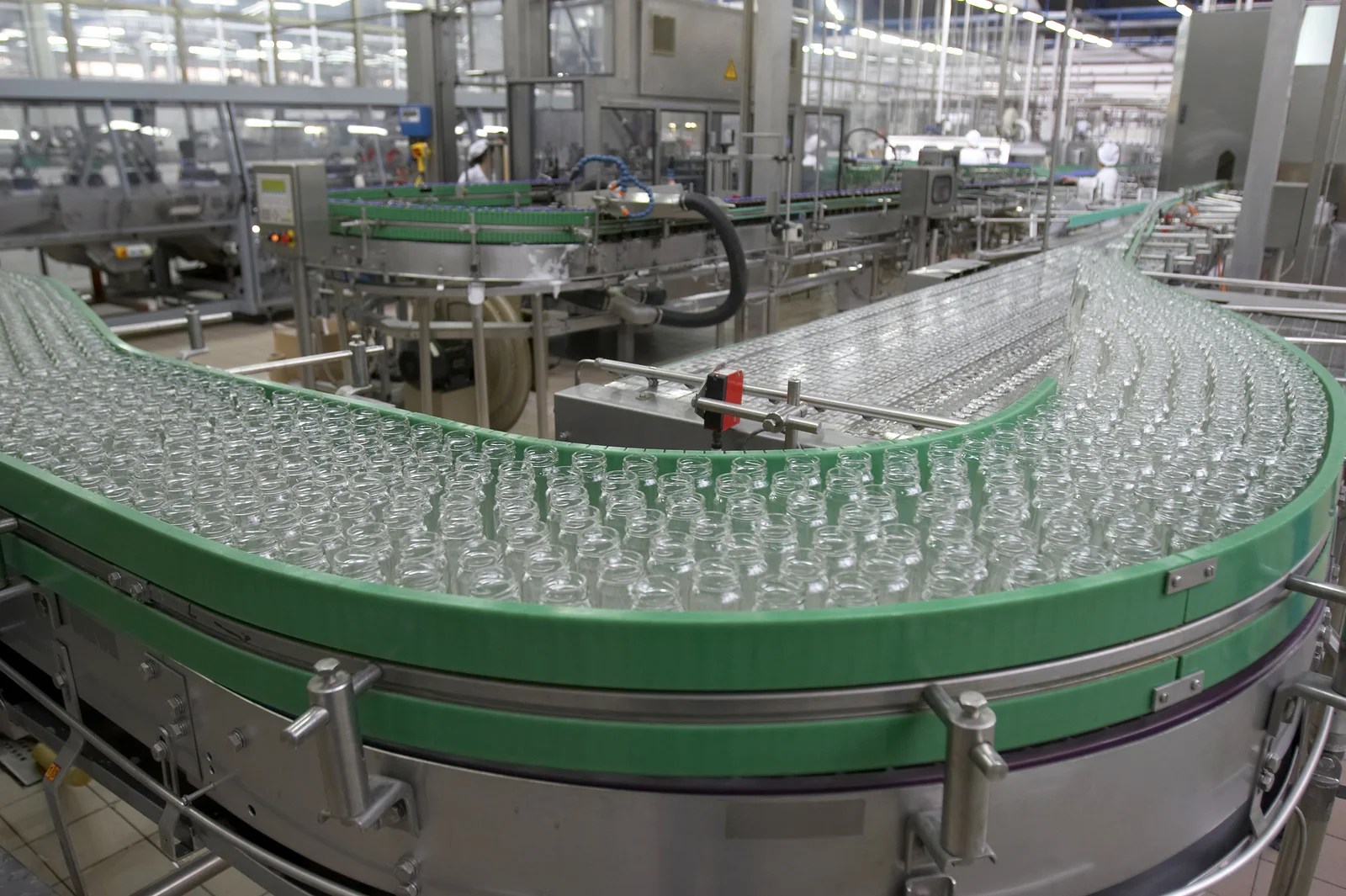Food additives such as flavour-enhancers, gums, enzymes, emulsifiers, stabilizers, anti-caking agents, anti-oxidants and non-nutritive sweeteners are a bit of a “black box” when it comes to food fraud. There are few records of food fraud in food additives in our Food Fraud Risk Information (Trello) Database, with the exception of vanilla extract flavouring, which has more entries. However, just because we don’t have many public records for food fraud does not mean that it does not sometimes occur in food additives.
Food fraud problems with food additives might be less likely to become public knowledge because they are less likely to cause serious food safety issues compared to other food components, due to the tiny concentrations at which additives are present in finished products. In the absence of a food safety incident or food recall, it is less likely that a food fraud will become public knowledge.
Food fraud in food additives might be easier to detect than food fraud in other ingredients. For example, if a food additive was fraudulently diluted with a cheap filler, it would not perform as expected in a recipe, which would alert the food manufacturer to a problem.
Many food additives (excluding flavours) have short(ish) supply chains compared to other food types, which reduces the chances of fraudulent tampering with the product.
Fraud in food colourings
During July 2022, there were two border rejections for food colouring additives that contained unauthorised colouring agents. The border rejections occurred in Europe. The food colours originated in India. It is not known whether the unauthorised components were present as a deliberate deception – that is food fraud – or if the importer was unaware of their regulatory status in the European Union. Links can be found in the food fraud incidents section.




